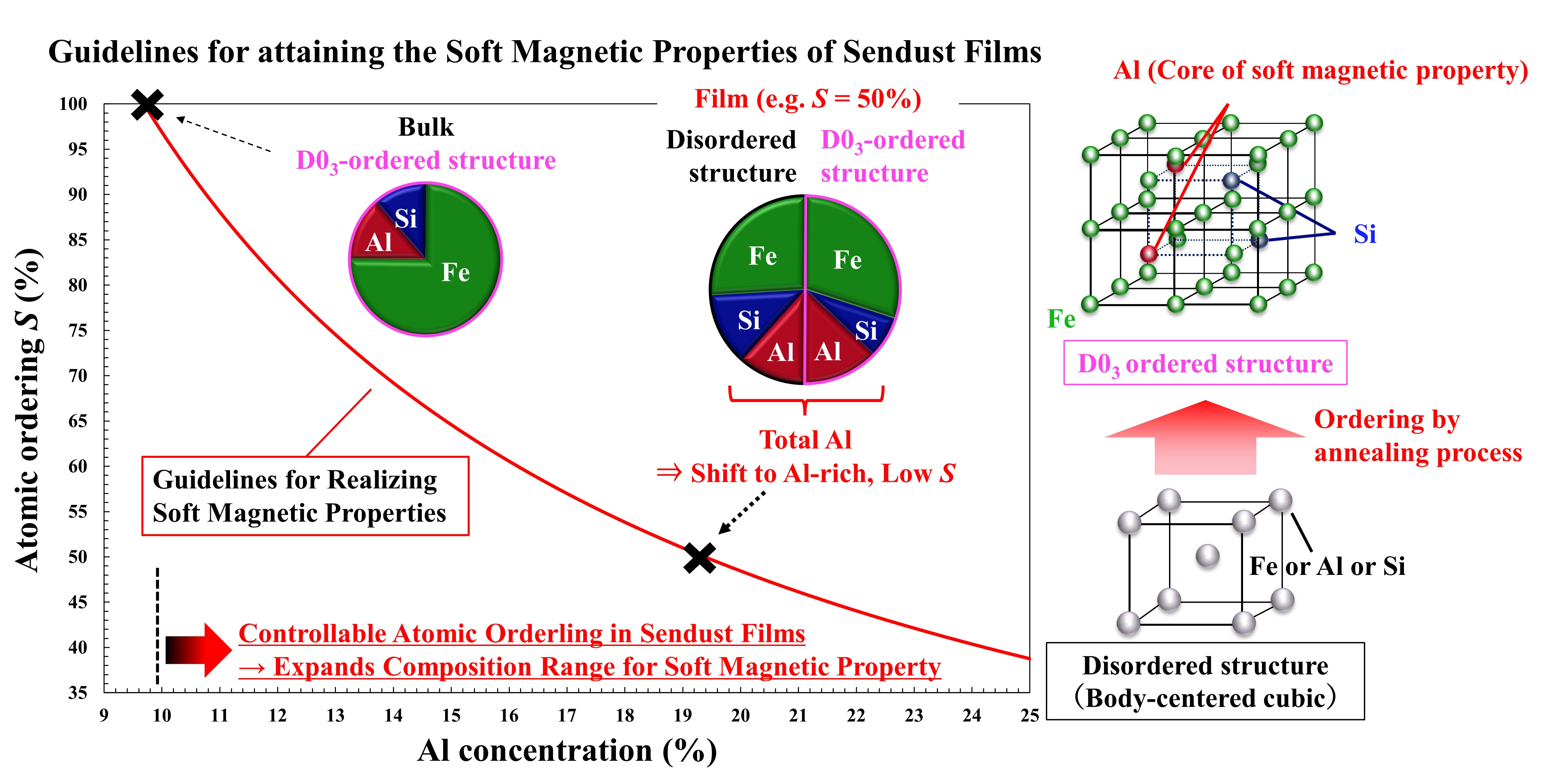
Visiting graduate student Shoma Akamatsu has been presented with the Advanced Technology Award.
July 26, 2023
MIT Plasma Science and Fusion Center visiting graduate student Shoma Akamatsu has been presented with the Advanced Technology Award. A student at Tohoku University in Japan, Akamatsu came to the PSFC to conduct specialized experiments with Senior Research Scientist Jagadeesh Moodera.
Established in 1986, the Advanced Technology Award aims to support creativity in science and engineering students, and inspire their research. Akamatsu won this year’s award in the student category for his work titled, “Research on Supersoft Sendust Alloy Thin Films for Application to High-sensitivity Quantum Spintronics Magnetic Sensors --Return to the Spotlight after 90 Years of Discovery”.
Tohoku University released a statement saying, “Shoma Akamatsu, a third-year doctoral student in the Department of Applied Physics, received the Minister of Education, Culture, Sports, Science and Technology Award, the highest award, at the Sankei Shimbun's 36th Advanced Technology Award for Pioneering Originality. This award recognizes young researchers and engineers who have achieved excellent research results to realize a ‘Creative Science and Technology Nation.’”
Sendust is a soft magnetic material made of an iron-aluminum-silicon alloy that easily magnetizes and demagnetizes, a property that has made it popular for use in read-and-write heads used to encode data on computer hard drives. Though Sendust usage is widespread, the origins of the material’s soft magnetic properties were not understood prior to Akamatsu’s work.
“This research would not have been possible without the assistance of many people, including my advisor, Professor Mikihiko Oogane, and other faculty members, as well as my fellow students in the lab. Furthermore, the support of my family and friends in various aspects of daily life was crucial,” said Akamatsu of the honor.
Their new understanding of Sendust’s soft magnetic properties allowed Akamatsu and his co-researchers to fabricate the first thin film samples of the material, which exhibit better soft magnetic properties than thicker applications. According to Akamatsu, these thin films and their resultant properties could, “dramatically improve the sensitivity of ultra-high sensitivity spintronics magnetic sensors, which can be applied to magnetocardiography [MCG], among other things.” MCG measures the heart’s magnetic fields to detect cardiac emergencies such as heart arrythmias.
Dr. Jagadeesh Moodera said, “Shoma Akamatsu[’s] thesis work in the field of spintronics is very impressive for its insightful and impactful significance both from the basic science and advanced technological relevance. The specifically unique thin film work on a particular magnetic compound (sendust) is a wonderful achievement that has immense value[.] This Japanese national award given to him, a highest kind at the junior level […] is a true testament to his extraordinary research achievement... absolutely lovely. It was a pleasure to interact with him when he was here. Shoma has the potential to be a major contributor and player in the field of spintronics.”
Akamatsu added, “I truly feel that this award is not just for me, but for all the people who have supported me.”
The Advanced Technology Award is sponsored by the Japanese Ministry of Education, Culture, Sports, Science and Technology (MEXT); Ministry of Economy, Trade and Industry; and Fuji Television Network Nippon Broadcasting System.

Topics: Spintronics